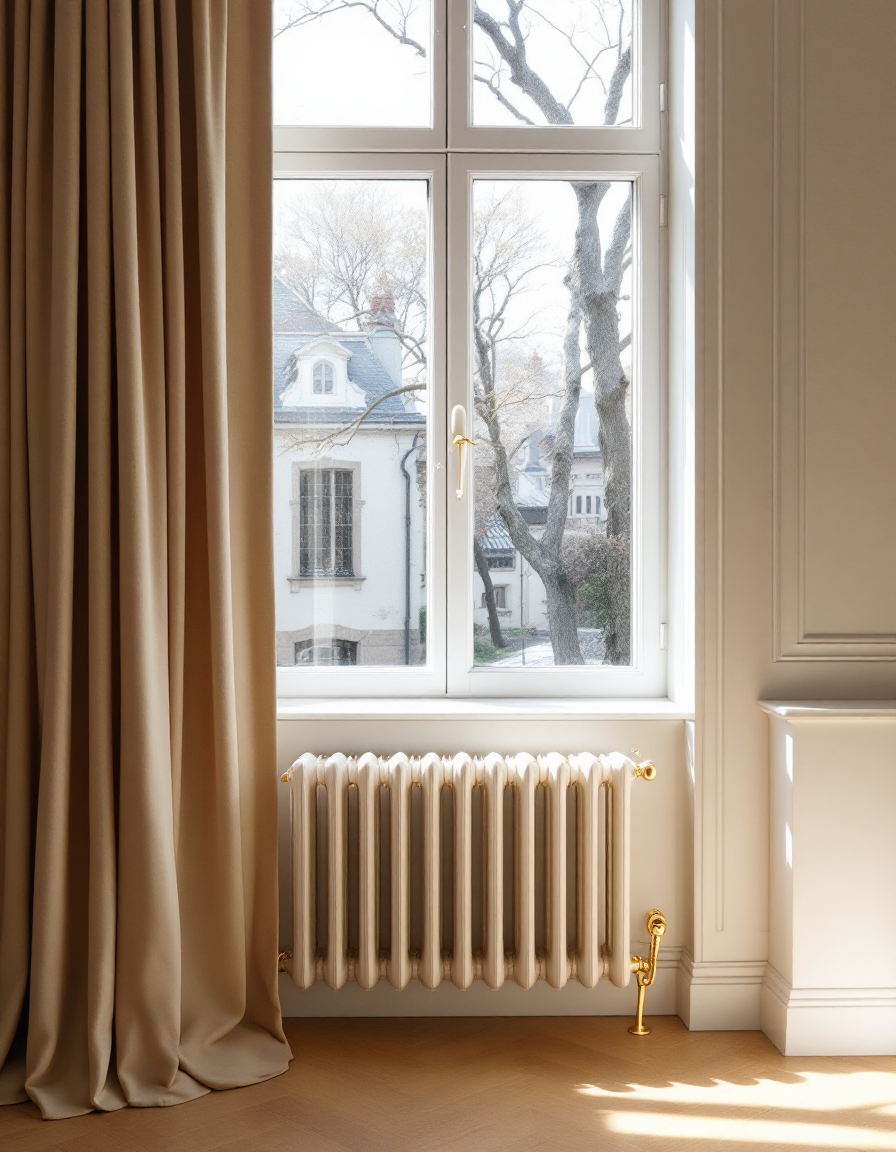Winter Heating Requirements Across Canada
Ontario
Most municipalities require 20-22°C (68-72°F) from September through June. Toronto specifically mandates a 21°C minimum temperature.
Quebec
Among the strictest standards, requiring 21°C (70°F) in all rooms, measured in the center 1.5 meters above floor level.
British Columbia
No provincial minimum temperature, but many municipalities have requirements. The Residential Tenancy Act requires suitable living conditions.
Alberta
No provincial minimum, but municipal bylaws often specify requirements. Edmonton requires 22°C (72°F) during winter months.




